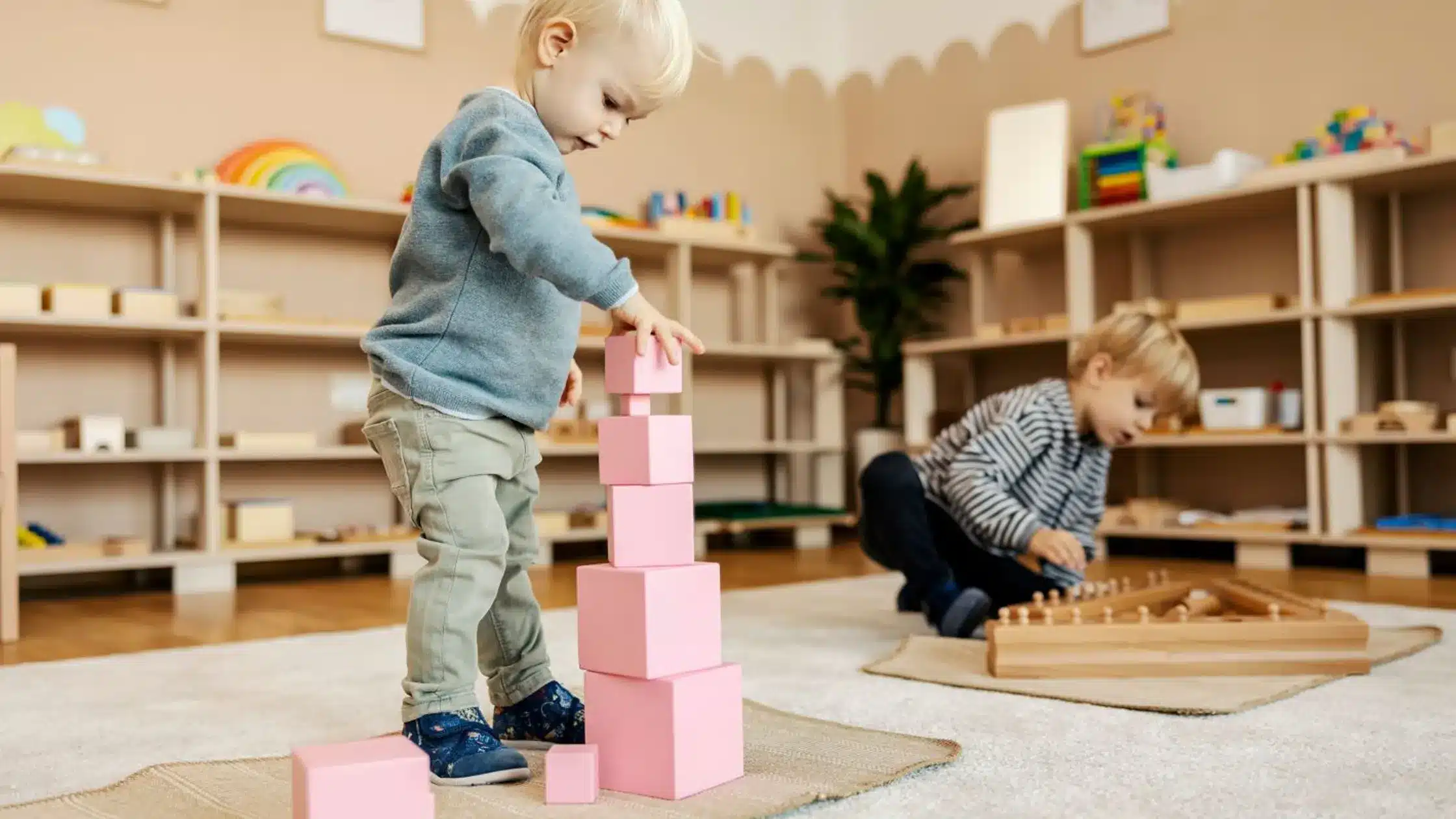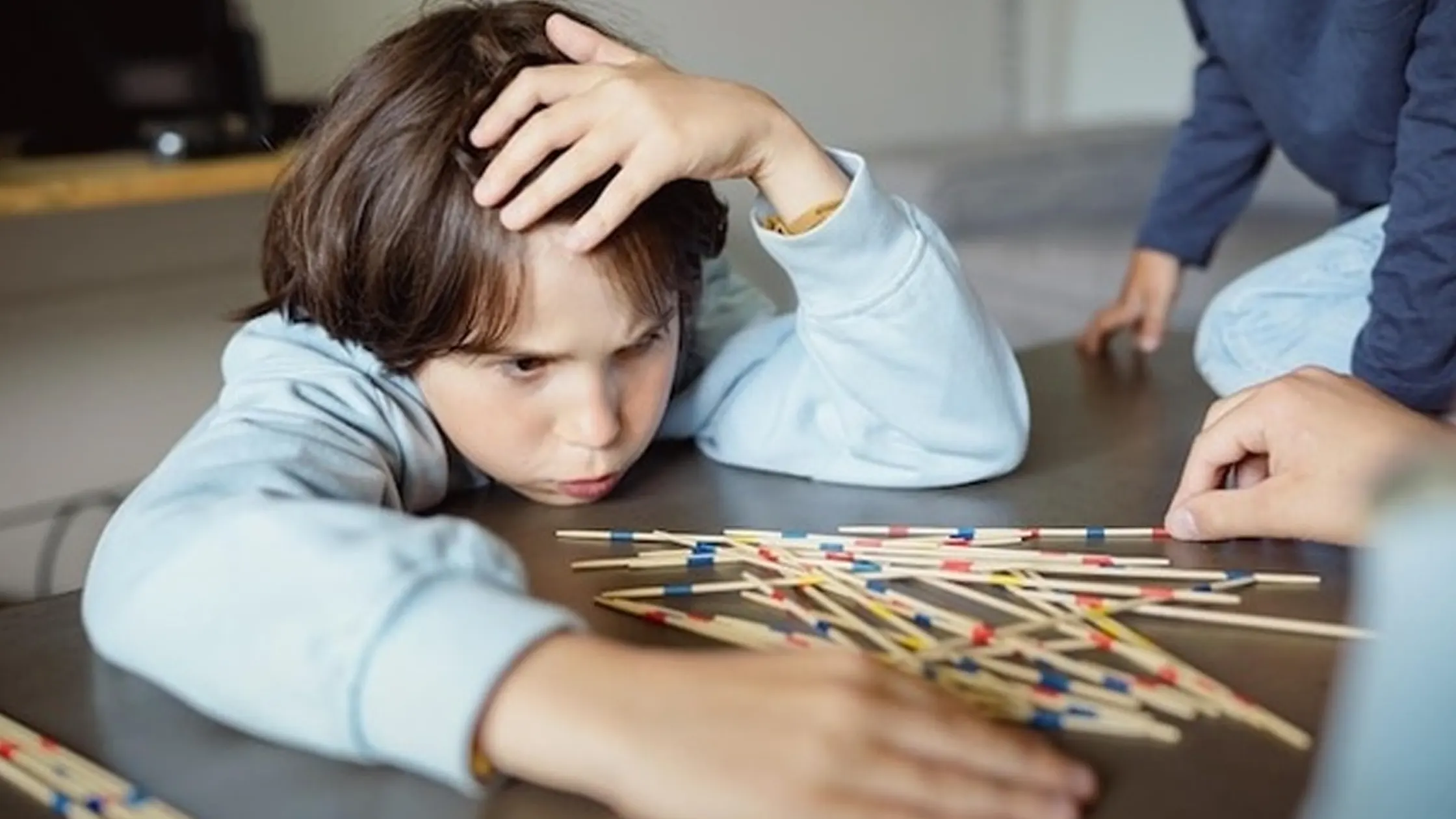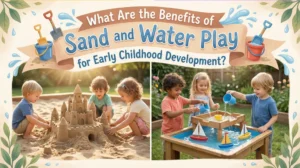As a seasoned expert in the field of Montessori education and the CEO of Xiha Montessori, I have observed firsthand the impact of this educational approach. Montessori education, founded by Dr. Maria Montessori, has its unique pros and cons, which are crucial for parents and educators to understand.
Montessori education is known for its child-centered approach that focuses on individual learning and development. This approach to education provides a nurturing environment for children to explore and learn at their own pace. However, like any educational system, it comes with a set of challenges that need to be considered.
In this article, we will delve into the pros and cons of Montessori education to provide a balanced view for those considering this approach for their child or educational institution.

Advantages of Montessori Education
Montessori education offers several unique benefits that set it apart from traditional educational methods:
- Fosters Independent Learning: Montessori education encourages self-directed learning and puts children in charge of their own education. This independence fosters self-confidence and a love of learning.
- Individualized Pace of Learning: Each child in a Montessori classroom learns at their own pace, which respects individual developmental timelines and reduces the pressure often found in traditional classroom settings.
- Holistic Development Focus: Unlike conventional education systems that primarily focus on academic skills, Montessori education nurtures the whole child, including social, emotional, physical, and cognitive development.
- Hands-On Learning Experience: Montessori classrooms are equipped with specific learning materials that encourage hands-on learning, aiding in concrete understanding and retention of concepts.
- Prepares for Real-Life Skills: The practical life activities in Montessori education prepare children with essential life skills, such as problem-solving, critical thinking, and collaboration.
The main strength of Montessori education is its child-centered approach. Independent learning is promoted and children are encouraged to take responsibility for their own education. This self-directed learning is not just about academic tasks, but also includes personal responsibility and decision-making, which are priceless life skills. The Montessori method allows children to explore subjects at their own pace, which is especially beneficial for children who may progress faster or require more time on certain topics compared to the standard curriculum.
Another significant advantage of Montessori education is its focus on the development of the whole child. Rather than simply learning knowledge, he also emphasizes emotional, social, physical, and cognitive growth.
The learning environment of a Montessori classroom is another aspect that sets it apart. Classrooms are thoughtfully organized to promote independence and exploration. Children have access to a carefully designed array of self-correcting and sensory-based hands-on learning materials.

Challenges of Montessori Education
Despite its advantages, Montessori education also presents certain challenges:
- Availability and Accessibility: Montessori schools are not as widely available as traditional schools, and the cost of attending a Montessori school can be prohibitive for some families. This limited accessibility and higher costs can make Montessori education less accessible to a wider population.
- Misalignment with Traditional Education Systems: Children transitioning from a Montessori environment to a traditional school may face adjustment issues due to differences in teaching methods and classroom environments. This can be an important consideration for parents, especially if Montessori schools are not available throughout a child’s education.
- Parental Misunderstanding and Skepticism: There is also a degree of misunderstanding and skepticism about the Montessori method among some parents and educators. Those unfamiliar with Montessori principles may find it difficult to understand its effectiveness, especially if it contrasts with their educational experience.
- Varied Implementation Standards: The quality and implementation of Montessori education can vary greatly depending on the training of educators and the resources of the school.

The Montessori Classroom Environment
Montessori classroom environments vary in layout and function. Classrooms are designed to engage and nurture the space, emphasizing natural light, calming colors, and the presence of nature. Furniture and materials are adapted to the size of the children for ease of use and to foster independence. Classrooms are arranged to encourage freedom of movement, collaboration and choice so that children can engage in activities that interest them.
The mixed age group setting is a prominent feature in the Montessori classroom. This arrangement allows younger children to learn from their older peers and provides opportunities for older children to reinforce their learning by teaching concepts they have already mastered. It creates a community-like atmosphere where students learn to respect and help each other, developing social skills and empathy.
Role of Teachers in Montessori
The role of the teacher in a Montessori education is very different from a traditional setting. Montessori teachers are more than just teachers; they are facilitators and guides who observe and support each child’s individual learning journey. Their role is to prepare the environment, provide the necessary resources, and then step back to allow the child to learn independently. This approach requires teachers to have a deep understanding of each child’s needs, interests, and stage of development.
Montessori teachers receive specialized training to equip them with the skills and knowledge to effectively implement the Montessori philosophy. This training is an ongoing process, as Montessori educators are expected to engage in continuous professional development to keep up with best practices and evolving educational research.
Montessori Method and Learning Outcomes
The outcomes of Montessori education can differ from those of traditional schooling:
- Development of Self-Discipline and Responsibility: Montessori students often develop strong self-discipline and a sense of responsibility, fostered by the classroom’s emphasis on self-directed learning.
- Advanced Social and Emotional Skills: The mixed-age groups and collaborative environment in Montessori education help in developing advanced social and emotional skills.
- Encouragement of Creativity and Innovation: The freedom to explore and the availability of diverse materials in Montessori classrooms nurture creativity and innovative thinking.
Assessment in Montessori Education
Assessment in Montessori education is primarily qualitative and observational. Instead of relying on traditional tests and grades, Montessori teachers observe and document each child’s progress and development. This formative approach to assessment provides a more holistic understanding of a child’s growth, taking into account not only academic achievement, but also social, emotional, and physical development.
In Montessori schools, the focus is on individual progress rather than comparative measures. This approach recognizes that each child develops at his or her own pace and in his or her own way. Regular communication between teachers and parents is vital in Montessori education, ensuring a collaborative approach to support each child’s development.

Conclusion
Montessori education offers a unique and beneficial alternative to traditional educational methodologies. Its child-centered approach, emphasis on holistic development, and nurturing learning environment make it an attractive option for many families. However, challenges such as accessibility, transition to traditional education systems, and variations in implementation must be considered. Understanding these pros and cons is crucial for parents and educators to make informed decisions about children’s education.
As we continue to explore and adapt educational methods to meet the needs of modern learners, Montessori education stands out as a progressive, effective, and deeply respectful approach to learning and child development.











